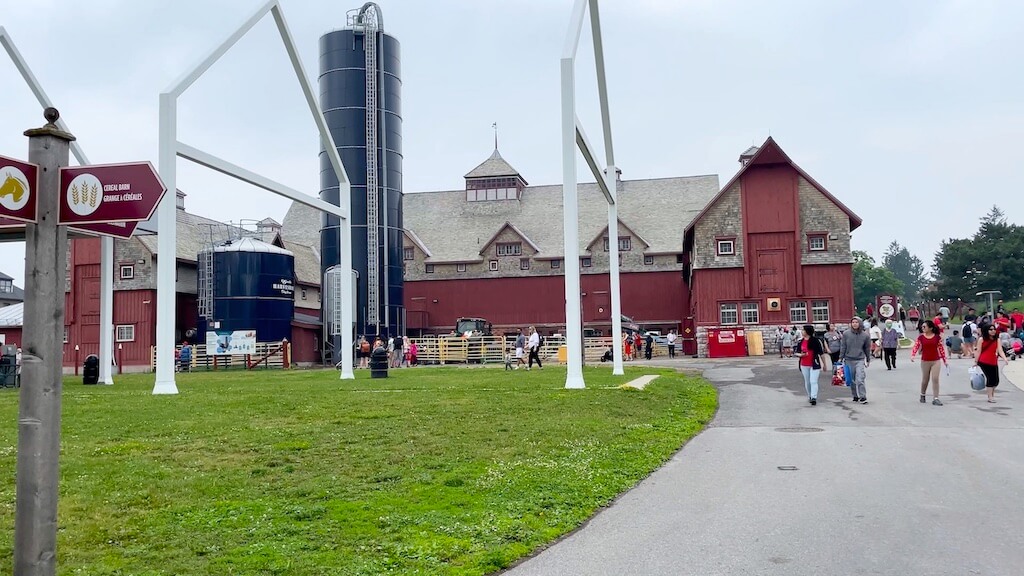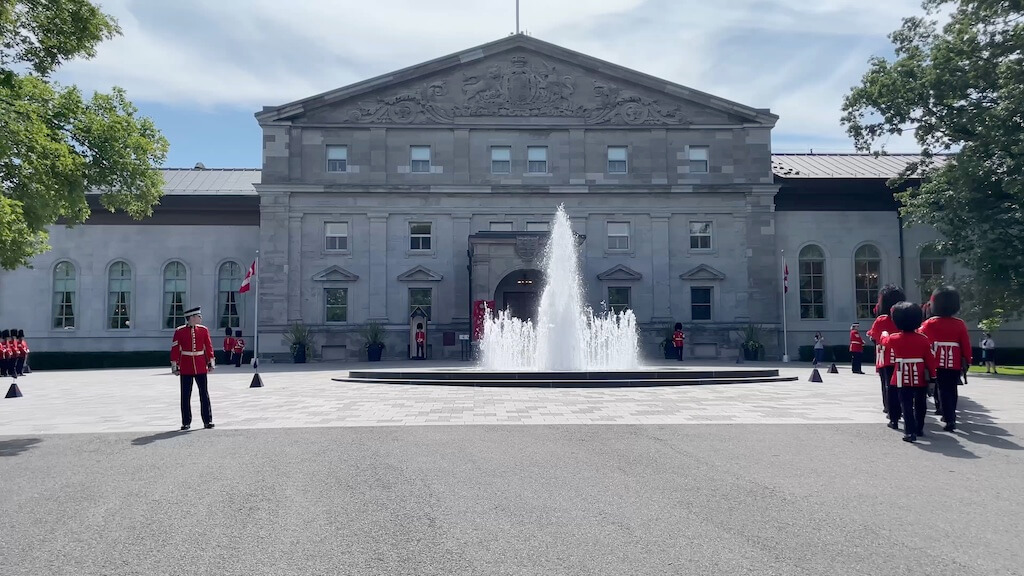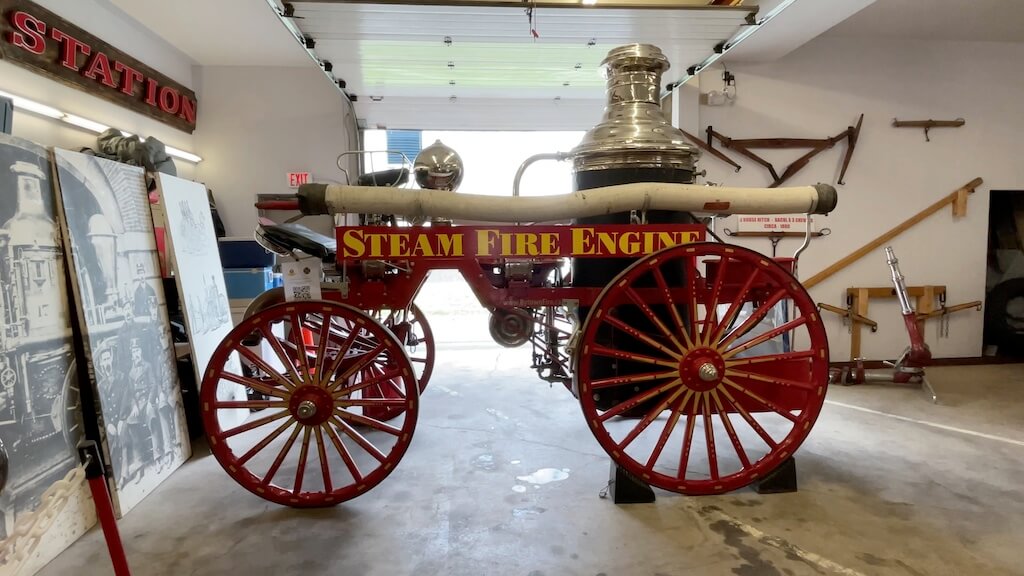The rhythmic beat of drums and the lively melodies of mariachi music filled the air as I stepped into the heart of Ottawa’s historic ByWard Market. I had been eagerly anticipating this day for weeks, and finally, I was here to immerse myself in the vibrant celebration of the Day of the Dead Festival.
A Mexican Fiesta in Ottawa’s ByWard Market
As I entered the festival grounds, I was greeted by a stunning display of colorful papel picado banners swaying gently in the autumn breeze. The Day of the Dead Festival in ByWard Market was a tribute to Mexican culture, a lively and heartfelt commemoration of loved ones who had passed away.
Mariachi Magic
With a satisfied heart, I headed over to the stage where a Mariachi band was tuning their instruments. As the music began to play, I felt an irresistible urge to dance. The lively guitars, trumpets, and soulful vocals filled the air with energy and joy. The colorful dancers in intricate masks and costumes added to the spectacle, making it a feast for the senses.
A Journey Through Tradition
For those seeking a deeper understanding of the festival’s significance, there were workshops, talks, and exhibits explaining the cultural context. I learned about the fusion of indigenous Aztec rituals and Spanish customs that gave birth to this unique celebration. The idea that the dead are still part of the community resonated with me, and I began to appreciate the Day of the Dead on a whole new level.
The Day of the Dead, or “Dia de los Muertos,” is one of the most significant and colorful celebrations in Mexican culture. It takes place every year on November 1st and 2nd, coinciding with the Catholic holidays of All Saints’ Day and All Souls’ Day. While it might seem like a solemn occasion, it’s far from it. In Mexico, people believe that death is a natural part of human existence, a continuation of life rather than an end. It’s not a day of mourning; instead, it’s a day of celebration, a day to honor and remember loved ones who have passed away.
Icons of Celebration
The festival was adorned with calacas and calaveras, or skeletons and skulls, which were not symbols of morbidity but rather symbols of enjoying life. They were dressed in fancy attire and placed in entertaining scenarios, reminding us that death is simply a part of life’s grand journey. These symbols are everywhere during this time, from candied sweets to parade masks to dolls and much more. They are an integral part of this celebration, a reminder that life continues, even beyond death.
La Catrina: The Elegant Skull
One icon that stood out was La Catrina, an elegant female skeleton. Created by José Guadalupe Posada, La Catrina symbolized the struggle of Mexicans to preserve their heritage in the face of changing times. She had become a central figure of the Day of the Dead, representing resilience and cultural pride. Dressed like an upper-class European of the 20th century, La Catrina was a symbol of Mexico’s rich cultural history and its ability to adapt and endure.
A Cultural Extravaganza
The Day of the Dead Festival in Ottawa’s ByWard Market wasn’t just about traditions. It was a celebration of life, a colorful extravaganza that brought people from all walks of life together. Families, friends, and even strangers danced, laughed, and remembered their loved ones, creating a powerful sense of community. There was a palpable feeling of togetherness and shared cultural appreciation.
The ByWard Market was transformed into a world of skeleton decor, and there were free activities for all. From piñata workshops to dance competitions, there was never a dull moment. I tasted tacos, a nod to Mexican culture, and enjoyed the live music that echoed through the streets. The joyful atmosphere was infectious, and it was impossible not to get caught up in the festivities.
A Day of Unity
As I wandered through the bustling market, I couldn’t help but appreciate the significance of this celebration. It was a day of unity, where people from different backgrounds came together to celebrate life and remember those who had passed. It was a beautiful reminder that no matter where we come from, our shared human experiences bond us together.
The Significance of the Day of the Dead
The Day of the Dead is not just a Mexican holiday; it’s a celebration of life and a way to keep memories alive. It’s a time to reflect on our own mortality and appreciate the precious moments we have with our loved ones. While the festival has its roots in Mexico, its universal message of remembrance and celebration of life resonates with people around the world.
In Mexico, this holiday is a time to create ofrendas, or altars, to honor the deceased. These ofrendas are adorned with marigold flowers, candles, incense, and the favorite foods and drinks of the departed. Families come together to share stories and memories of their loved ones, and the atmosphere is one of both reverence and joy.
The Legacy of Aztec Rituals and Spanish Customs
The Day of the Dead is a beautiful fusion of indigenous Aztec rituals and Spanish customs and beliefs. The Aztecs had a month-long festival honoring the dead and the death-goddess Mictecacihuatl, the keeper of the bones in the underworld. When the Spanish conquered Mexico, Christian beliefs blended with those of the indigenous people, eventually creating the Day of the Dead as we know it today. This blend of cultures is what makes this celebration so unique and fascinating.
A Personal Connection
As I walked through the festival, I couldn’t help but think about my own loved ones who had passed away. The Day of the Dead offered a chance to reflect on their lives and the impact they had on me. It was a time to remember their laughter, their stories, and their presence in my life.
A Cultural Bridge
The Day of the Dead Festival in Ottawa’s ByWard Market is more than just a celebration; it’s a bridge between cultures. It brings a taste of Mexico to Ottawa and allows people from diverse backgrounds to appreciate and participate in this rich cultural tradition. It’s a reminder that, in our increasingly interconnected world, we have the opportunity to learn from and celebrate the traditions of others.
As the sun set on this unforgettable day, I left the Day of the Dead Festival with a heart full of joy and a deeper appreciation for the beauty of Mexican culture. This vibrant celebration had allowed me to connect with the spirits of the past, enjoy the present, and look forward to the future with a renewed sense of wonder. The Day of the Dead Festival in ByWard Market, Ottawa, had truly been a fiesta of life, a celebration I would cherish forever. It was a reminder that, even in the face of death, life and love endure.



